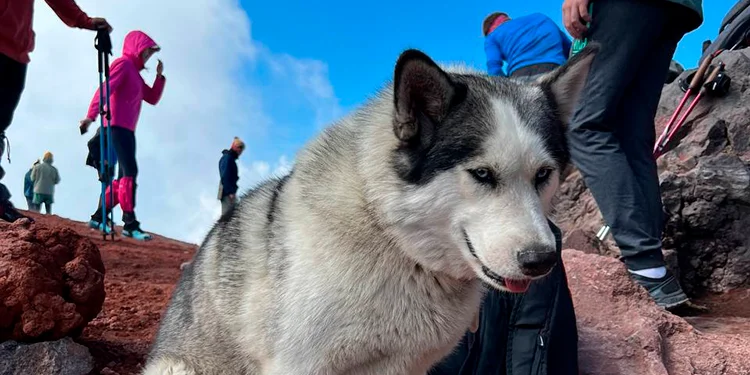
What documents are needed to go on vacation with a pet?
Planning an exciting trip with your pet and wondering what documents are needed for a safe and comfortable journey? That's right! Traveling with animals requires some additional formalities, but don't worry, in this text I will tell you in detail about the necessary documents.
First, the most important document for traveling with a pet is a veterinary passport. A veterinary passport is a kind of guidebook for your pet that contains all the necessary information about their health status. A veterinarian should examine your animal and issue a passport that lists all necessary vaccinations and parasite treatments. Make sure the veterinary passport is current and contains valid records.
If you're traveling abroad, especially to the European Union or other countries, your pet may need a microchip. Microchipping is standard practice for animal identification and contains your pet's unique number. Also, make sure your pet has a reliable collar or special pocket that contains identification information about you and your pet, as unexpected situations can happen during travel.
If you're traveling by train or plane, don't forget to check the requirements of each carrier separately. Some airlines or railway companies may require additional documents or certificates for your pet.
In addition to documents, remember that during travel you should ensure the comfort and safety of your pet. Provide for their nutrition, lack of space for movement and necessary habits. If your pet gets anxious during the trip, consult your veterinarian for recommendations or suggestions for sedatives.
In conclusion, before traveling with a pet, make sure you have a veterinary passport with current records, possibly an International Veterinary Certificate (CVI) and microchip if required. Follow the carrier's recommendations and ensure your pet's comfort during travel. Your adventure will be memorable and peaceful for you and your beloved pet!
